Accepting who we are is perhaps the biggest act of self-love we can make. But, sometimes it can feel like the hardest thing in the world to do
Writing | Becky Wright and Kat Nicholls
There have been many times in my life when I’ve wished I could be different. Prettier. Smarter. Funnier. Thinner. Growing up, I always thought that being different was wrong – maybe because qualities that are “outside of the ordinary” are not usually celebrated (as much as they should be) in the world we live in. And that’s not exactly helpful in the quest for self-love.
But, the thing is, self-love isn’t about chasing the “perfection” the rest of the world envisions. It’s about seeing yourself as the centre of your own world. Embracing the “flaws” that society says make you less than perfect, as the things that make you perfectly you.
Of course, this isn’t easy. Self-love, like any relationship, has its ups and downs. But, recognising that you don’t have to change to be happy can change your life.
Here are six inspirational individuals who have done just that...
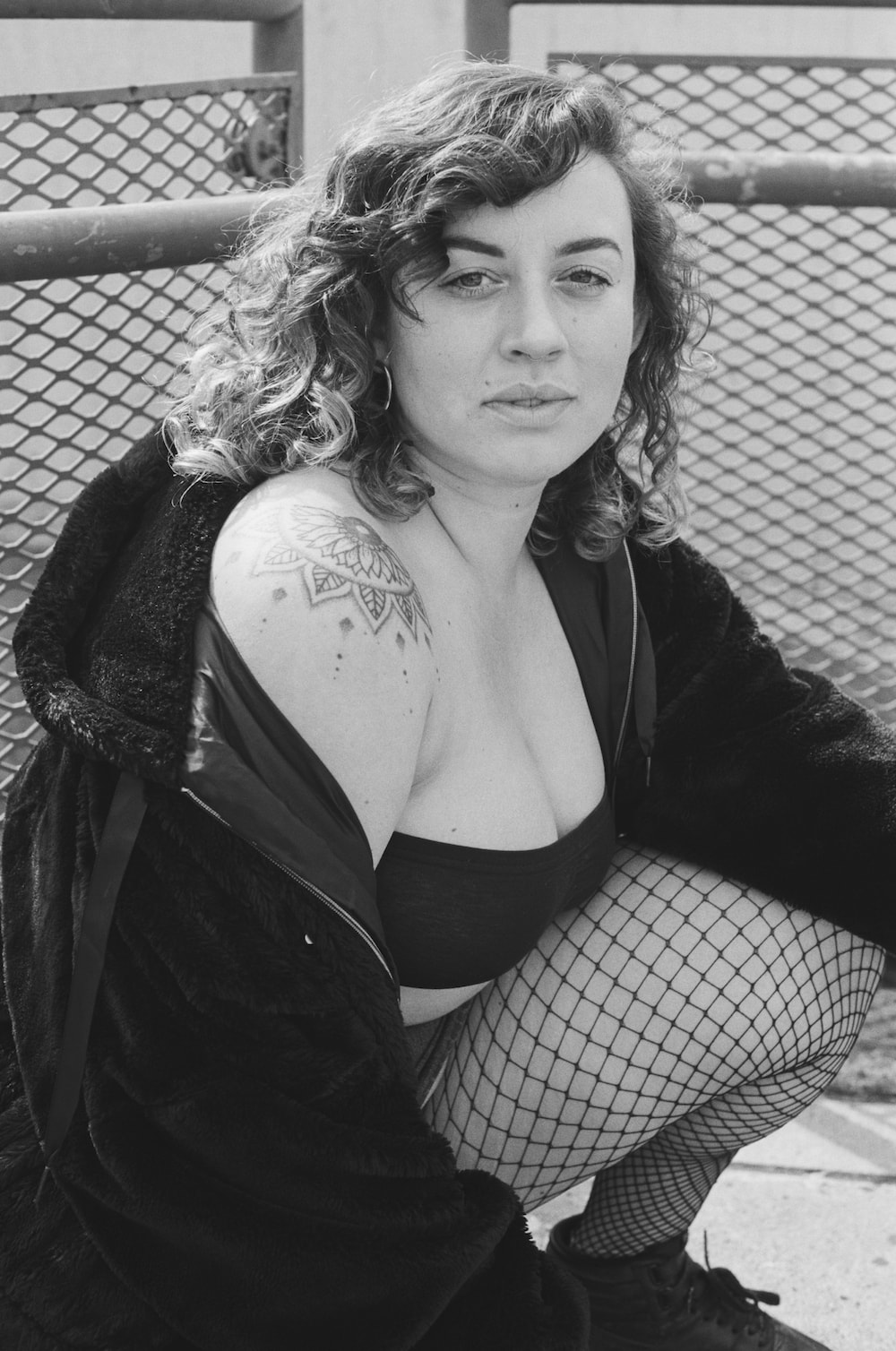
Becky Young
Becky Young
Becky wanted to help others redirect the energy they spend trying to change their bodies on to something more fulfilling for their life and wellbeing. So, she founded the Anti Diet Riot Club – a movement aiming to end diet culture and promote body positivity.
“I’m a confident and extroverted person,” Becky explains, “but I’ve also struggled with poor body image, yo-yo dieting, and binge-eating since I was 14.”
This, and the fact she has a rare bone disease in her leg (leaving her with a limp and scar), has meant her relationship with her body has been a rollercoaster of a ride. “Learning to accept my body, with all its limitations and the features I perceived as flaws for so many years, has been a huge part of my journey to embracing myself.”
Finding the body acceptance movement online was life-changing for Becky. It helped her move on from fad dieting, body-dissatisfaction and wanting to be thin. She says: “Now I aspire to be a better person with goals not related to how I look. It’s liberating! I can see my worth has nothing to do with how attractive I am, how much I exercise, or how ‘well’ I eat. It comes down to who I am as a human being.”
Becky’s advice for learning to love yourself? Imagine you’re reflecting back on your memories at the end of your life – what would be important to you? Becky says: “Personally, I know I’ll be so glad of all the times I gave myself a break.”
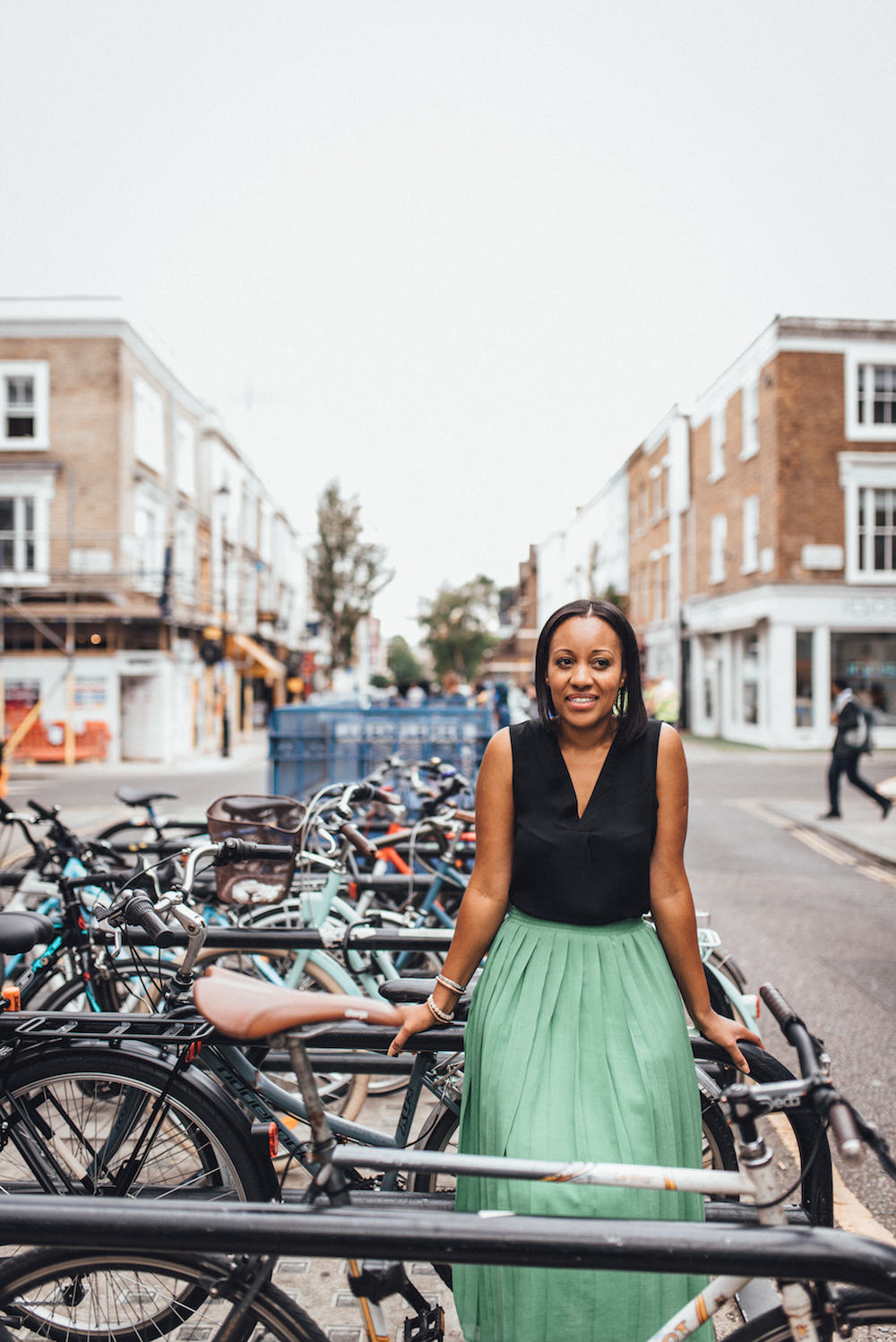
Nicola Rae-Wickham
Nicola Rae-Wickham
Nicola, a creativity and wellness coach, has a birthmark over her left eye, but it’s only in the past year that she’s started to embrace this part of herself:
“I say ‘birthmark’ as that’s what the doctors called it when it appeared when I was about four years old. So, even though I was young, I remembered life before it. I never saw it as a ‘part of me’. It meant I was a chronically shy child, only coming out of my shell when I started using camouflage make-up at 16.
“Last year I shared my story for the first time. For so long, I’d been afraid that people would find out the one thing I wanted to keep hidden. I’d completely underestimated what a weight it had been, and the freedom I would feel in taking control. I’m no longer worried about being ‘found out’. It’s shown me that if you don’t own your story, it will own you.
“Embracing myself has been part of a self-discovery and spiritual journey, which began when I started my own creative coaching business. I’ve made it my mission to help others own their story – everyone has a metaphorical version of my birthmark.”
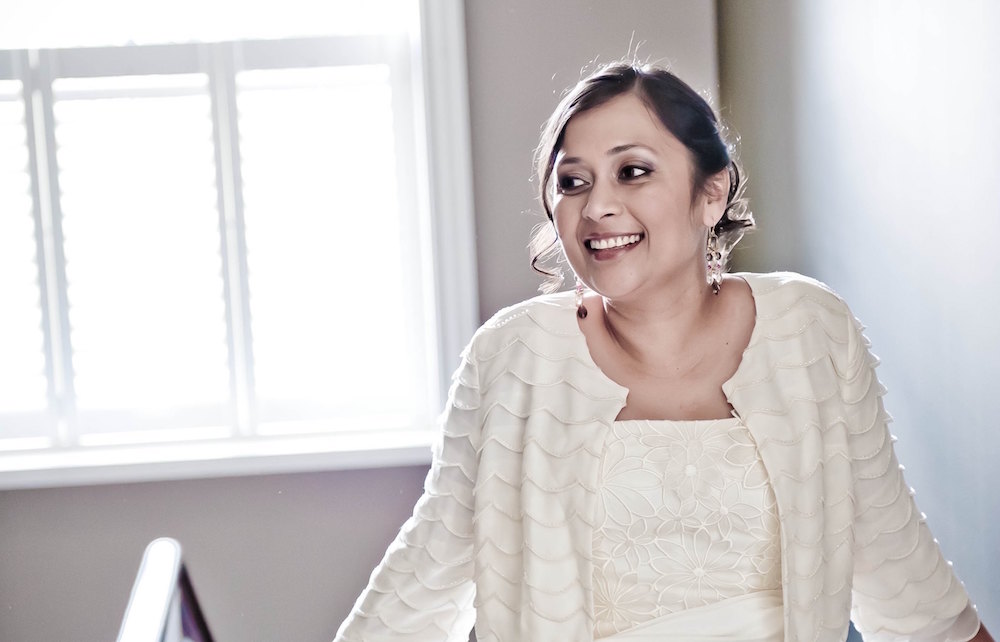
Dr Pragya Agarwal
Dr Pragya Agarwal
Pragya married young into a patriarchal family where she felt stifled. But she escaped it, and created the life she wanted for herself and her daughters, using creativity to help her to heal.
“For years I didn’t like what I saw in the mirror. I was too short, my legs didn’t go up to my shoulders, my nose was too big,” Pragya reflects. “But, as time has passed, what I see now is that my body has bloomed with three children; hands that hug them and create art, eyes that sparkle, and laughter lines from all the happiness I’ve had in my life.”
She notes that when she looks in the mirror now, she sees her heritage in her reflection – her mother and father, her children, and a wealth of family traits.
“I pride myself on my intellect and resilience,” Pragya says, recognising that she’s turned every adversity in her life into something positive. She now sees her potential rather than her limitations, feels more confident in her opinions, and is proud to have set up a social enterprise to help others who feel anxious or isolated.
“I’m carving my own path, and setting my own rules,” Pragya says. “Remind yourself that you are one of a kind, and that ought to be celebrated. You can create your own path and your own life, the way you want it.”
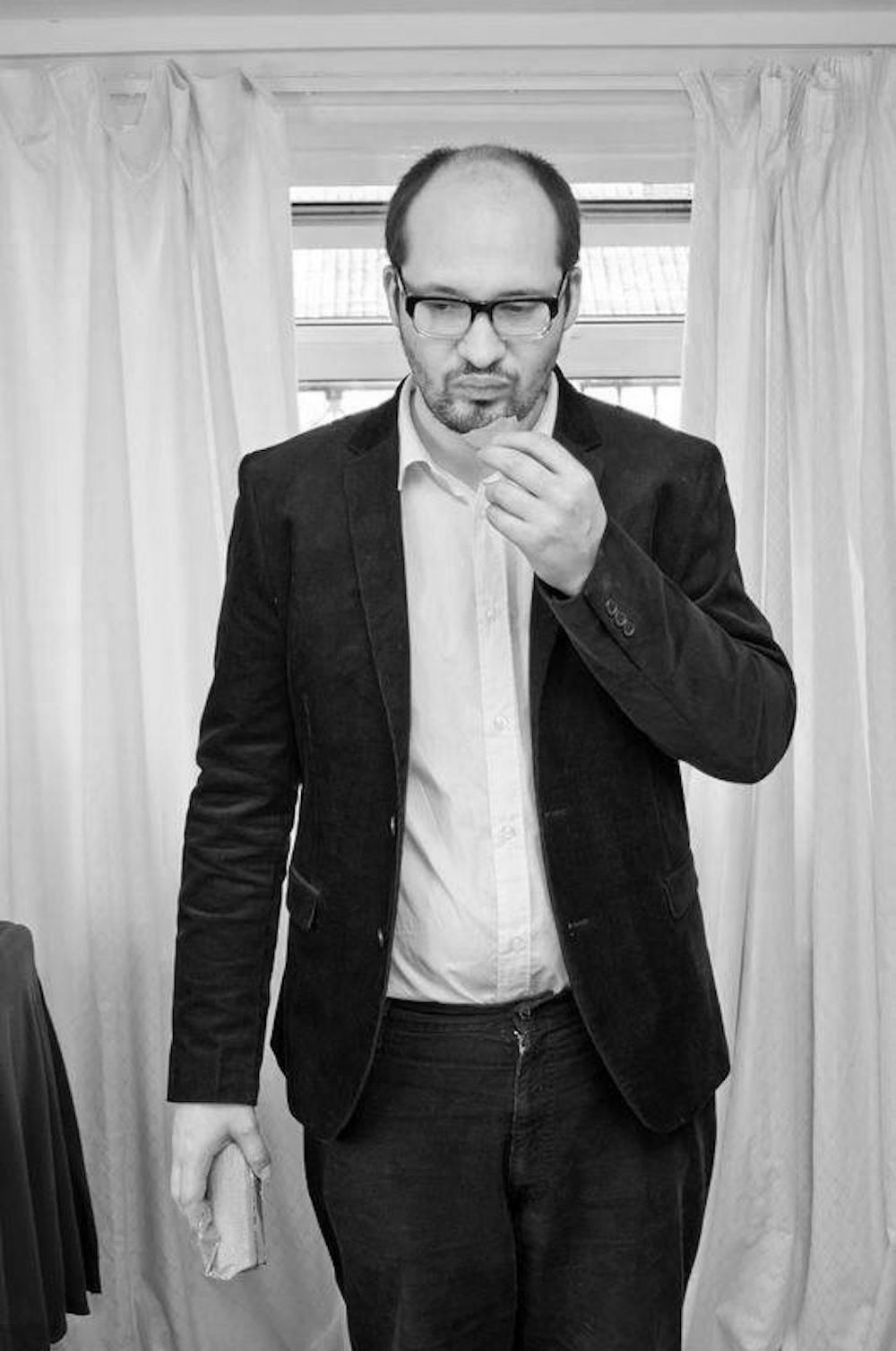
Ryan Pugh
Ryan Pugh
Ryan started losing his hair in his early 20s, and discovered humour was key in learning to embrace his baldness:
“Going bald is no laughing matter. Well, actually, it kind of is. But only if it happens to someone else. When it happens to you, the laughter stops, and it’s even worse when you’re young. How do I know? Because it happened to me.
“I was in my early 20s when my hair strands started to fly the nest. The shock was so overwhelming that it made the rest of my hair fall out even faster. My once thick, flowing locks dropped away in lazy clumps, rendering my skull characterless. My beautiful, indie-boy coiffure had gone.
“I was in denial for the first few years after I started to lose my hair. Deep down, I was hoping it would somehow all grow back. Alas, there are no miracle cures for balding.
“The only way to deal with hair loss is this: embrace it. Get your head shaved, grow a cool beard and enjoy standing out from the crowd. And if that doesn’t cheer you up, just go around laughing at your mates’ terrible haircuts. In fact, often the first thing you’ll hear people say when they look at old photographs is: ‘God, look at my hair!’
“Honestly. You’re better off being bald. Having hair is no laughing matter.”
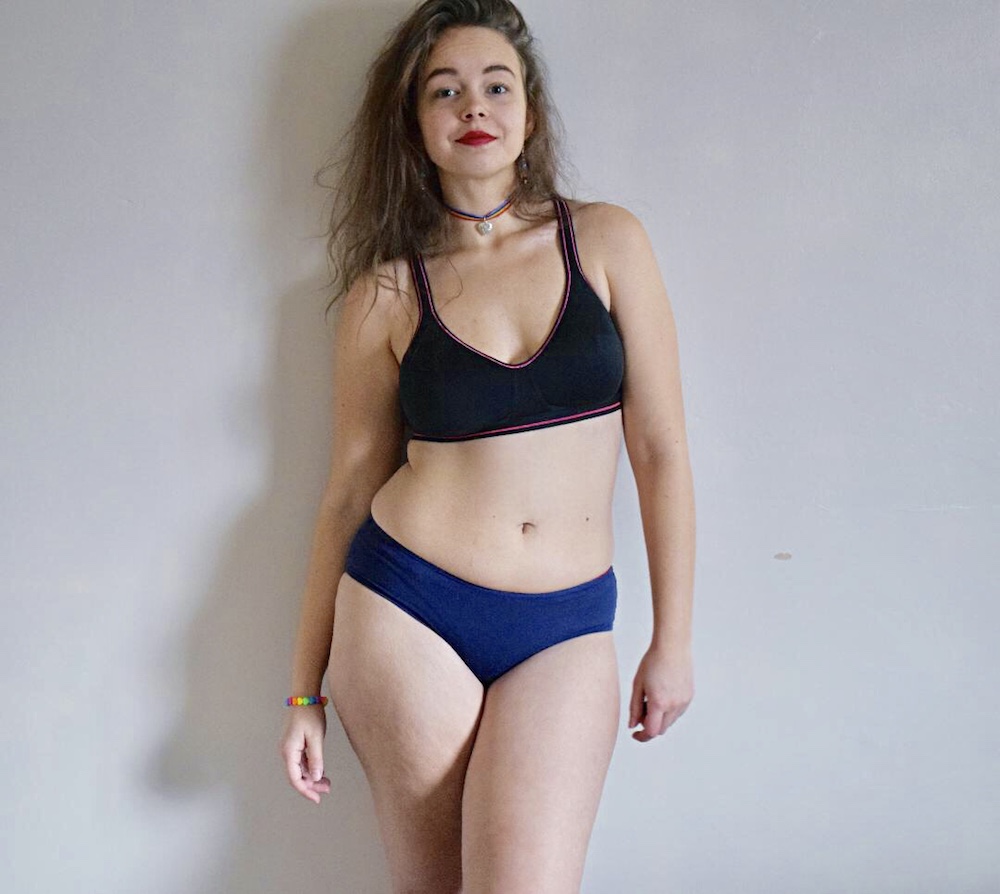
Kay Ska
Kay Ska
Kay struggled with her own mental health, living with an eating disorder and body dysmorphia. Now she’s a self-love and confidence coach, inspiring others through her own experiences.
For years, Kay hated her body and embracing herself didn’t happen overnight. But, since she started appreciating herself and her body for what it is, things started to shift.
“I’ve been able to stop picking apart the negatives and give more energy and attention to the positives,” Kay says. “I realised I didn’t need to look or be like anybody else but myself, and that was really empowering.”
Kay explains how she got to that magical point of feeling happy in her own skin by listening to her body and what it needs – whether treating herself to more rest, choosing nutritious food, or working out. Mindfulness and yoga have also had a hugely positive impact on her journey.
“We deserve to be kind to ourselves and our bodies, no matter what they look like,” Kay notes. “Don’t beat yourself up for where you are right now, remember that we are all a work in progress. Try to be kind to yourself and speak to yourself the way you would speak to someone you love.”
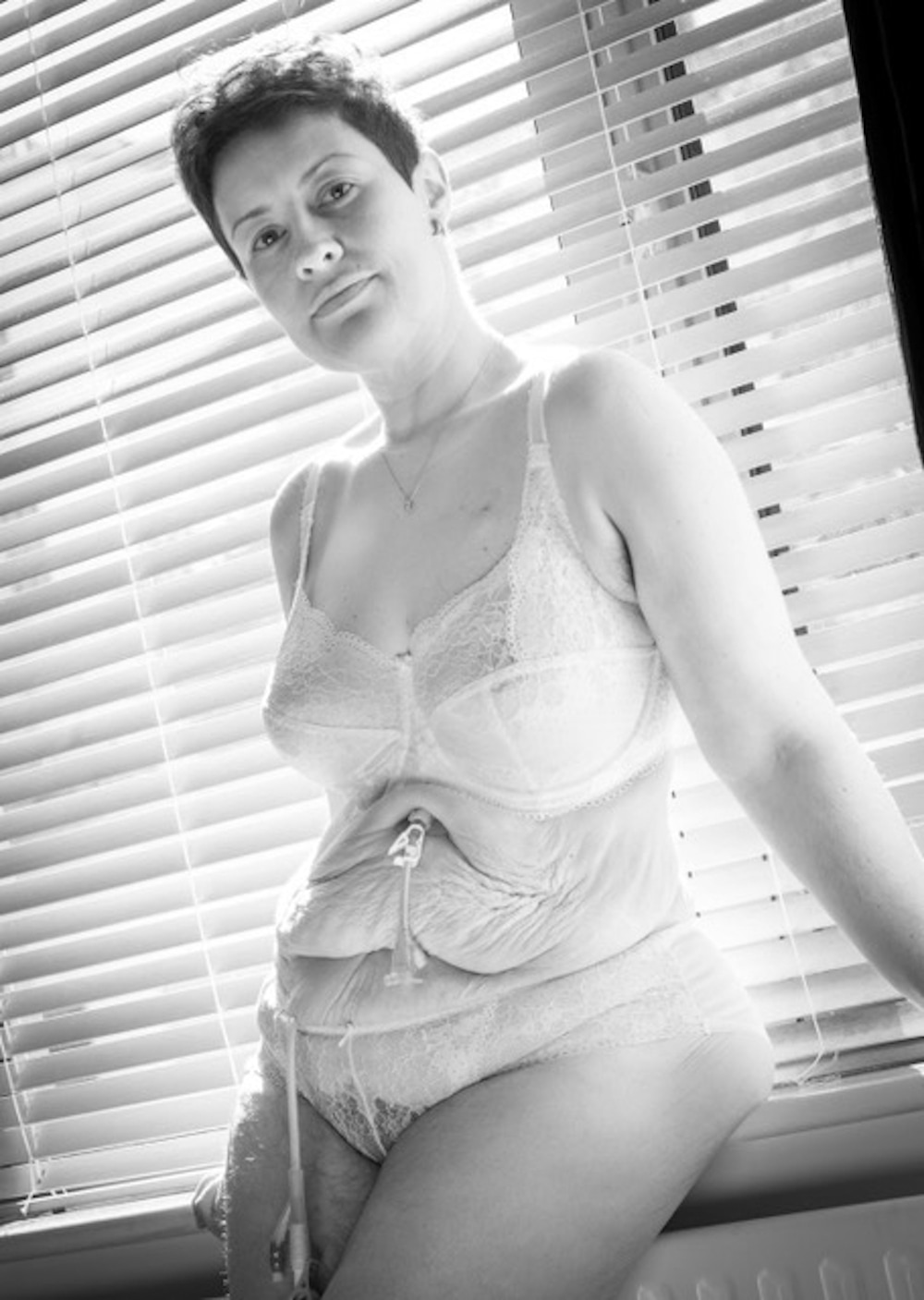
Imogen May
Imogen May
As a queer, disabled person, Imogen wasn’t sure she could ever embrace herself. Here, she shares her journey from weight loss and eating disorders, to radical body politics and embracing non-judgemental compassion:
“I spent most of my life wishing for something else; to be smaller, to be less obvious, to be invisible. The way the world reacted to me meant that I could never shrink into the background – be that due to my powered wheelchair, my fatness, or my same-sex partners, I was always the most obvious person in the room.
“As I aged and became more aware of my ability to control my body, I did my best to do just what I’d been wishing for. I starved myself, changed my appearance and altered every aspect of me I could – making myself as small as I could be. But along with the smallness came sadness, anxiety and fear that was entirely different to the feelings I’d had before. The sensations of ‘never small enough’ made me want to end my life – the ultimate invisibility.
“It was on Instagram that I first saw a meme saying: ‘If hating yourself worked, it would have worked by now.’ It triggered something in me, something I couldn’t shrink – my spirit.
“I entrenched myself in online activism and radical body politics. I realised that I wasn’t alone. The goal should be altering the way we look as a society, rather than our individual bodies. I didn’t need to be small, or ashamed. My body doesn’t need ‘accepting’, I just had to find some comfort that I wasn’t a problem – the way society responds to me is!”
Life Coach, Debi Haden, provides some insight:
What could you achieve if you only put your energy into things that matter; things that make you feel good and make your heart sing?
We only have a finite amount of energy; do you really want to invest yours in worrying about what others think of you, or in believing you’re not good enough?
The past has gone, you can’t change it, the moment you can change is right now. So focus on that, be grateful for what you have and who you are. Practise gratitude for everything in your life, no matter how small. You are wonderful in your own unique and beautiful way – celebrate YOU!
Life coaches specialise in helping you cultivate the life you want. Visit lifecoach-directory.org.uk

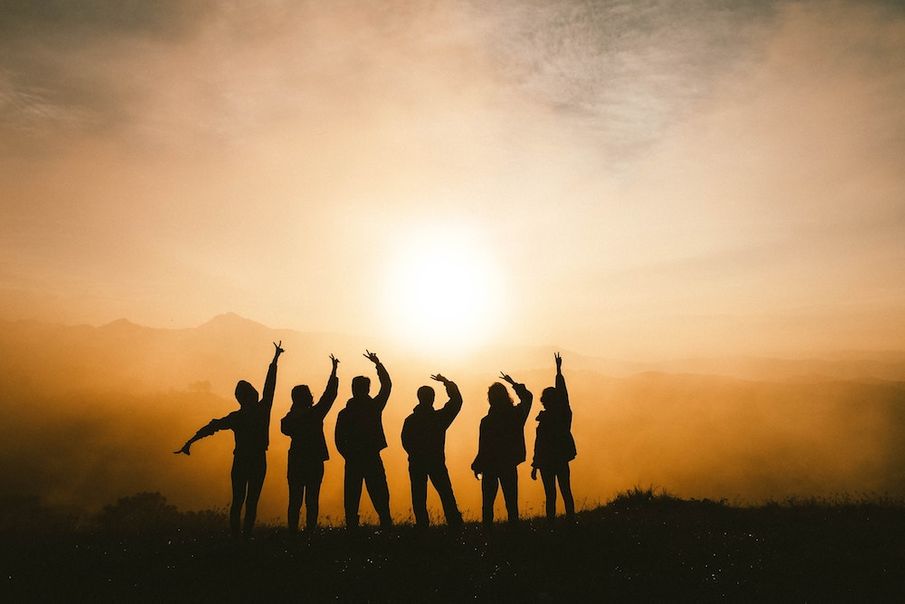
Comments